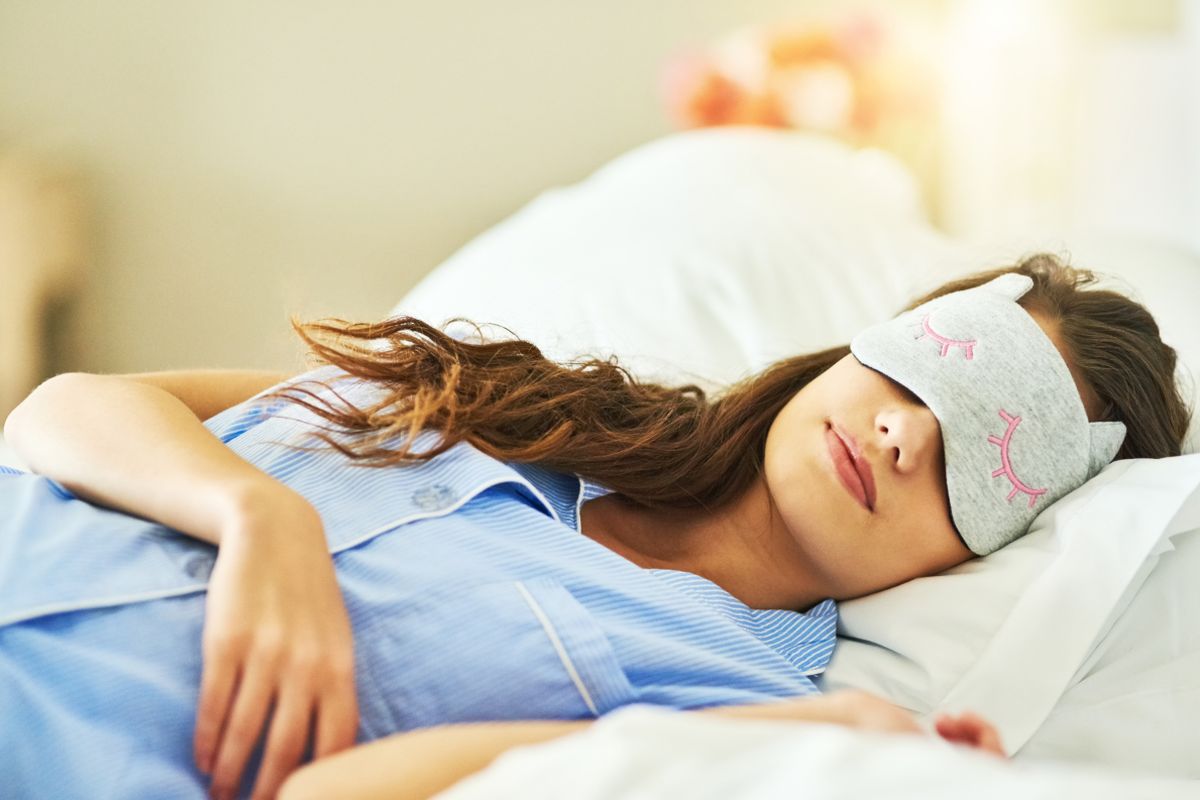
WHY DO WE SLEEP?
Do you ever wonder about how sleep works and why do we do it. There are many mysteries surrounding this vital and amazing process.
We spend one-third of our lives sleeping, but the process is just not as simple as closing our eyes and waking up. Our brains and bodies are hard at work carrying out important processes during the hours that we spend sleeping.
In order to understand why sleep is important for our lives, we need to dig deep and analyze the brain functions involved.
The Importance of Sleep
Getting a restful night’s sleep will help you feel energized and rested in the morning while also keeping you alert and physically active throughout your day.
Missing out on enough sleep will have a profound impact on health, leading to disorders like depression, anxiety, high blood pressure among many. It will also put you at a high risk of diseases and accidents.
We must get sufficient amount of sleep in order to have balanced physical functions.
Why do we Sleep?
Sleep as a process for our bodies is like the regular maintenance for your vehicle. Just like regular maintenance and upkeep ensures that your vehicle functions at its optimum, the same way sleep acts on humans. Sleep is the best form of maintenance for our bodies. What will happen if you stop maintaining your vehicle, it will eventually break down. The same can be said about our bodies, not getting enough quality sleep will eventually lead to diminished bodily functions.
Sleep helps our bodies and minds recover from the day’s activities and helps us be prepared for the next days’ grind. Sleep helps our bodies in several different ways:
- Repairing and strengthening our immune system
- Maintaining our emotional well-being
- Regulating appetite and mood
- Helps declutter our minds and supports in creating memories
Sleep Regulation
Let’s try to understand how our mind regulate sleep. Sleep cycle is regulated by two different systems in our body a. Circadian Rhythm b. Sleep Drive. Those two systems help our bodies in preparing for sleep by following a certain kind of schedule. These schedules are individualistic in nature of all humans, but the functions are generally same for all humans.
-
Circadian Rhythm:
Circadian Rhythm regulates our bodies’ sleep and wake cycles and is highly affected by natural and artificial light. The light that affects it the most is Sun light. It wakes us up as the sun is rising and gets us ready for bed as the sun sets. Circadian Rhythm also regulates hormone production in our bodies such as Melatonin, Leptin, Ghrelin and Cortisol.
-
Sleep Drive:
Sleep Drive which is also called Sleep Wake Homeostasis is an important key factor in making sure that we get the rest our bodies require each night. Just like how we feel hungry when our bodies need calories. Similarly, Sleep Drive reminds our bodies that we need to sleep as we have been awake for a long time. We feel the urge as getting stronger the longer we stay awake. Apparently Sleep Drive will continue to urge your body to sleep no matter where you are physically as it’s a vital function for regular maintenance of your physical system.
Sleep Disturbances
Bad sleep quality and insufficient sleep can be caused by many things:
- Extreme Anxiety and Depression
- Jet Lag
- Sleep Apnea
- Insomnia
- Bad Sleep Habits
- Nightmares
There are a number of strategies you can adopt in order to improve the quality of your sleep. Some of the best ways are:
- Meditation and Mindfulness Exercises
- Living a Healthy Lifestyle (health diet and exercise)
- Following a consistent Sleep Schedule
If you are struggling with sleep issues, aren’t sleeping enough or waking up feeling lethargic is important to speak to a Sleep Specialist about your symptoms.
Sleep issues do not go away on their own, it is important to seek specialist advice and treatment the moment you notice that something isn’t right with your sleep. Sleep issues can be resolved with professional help.
Sweet dreams!

0 Comments